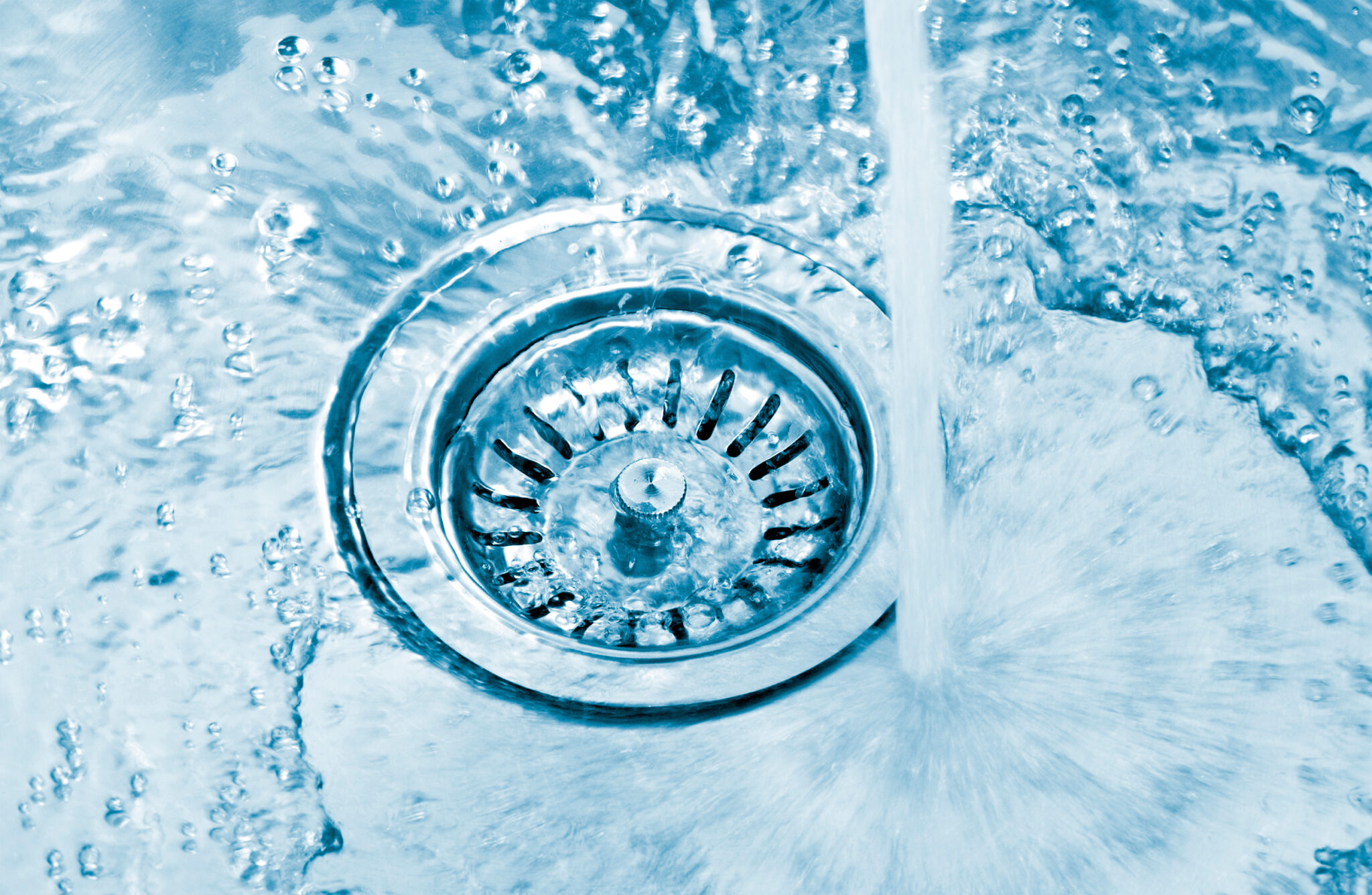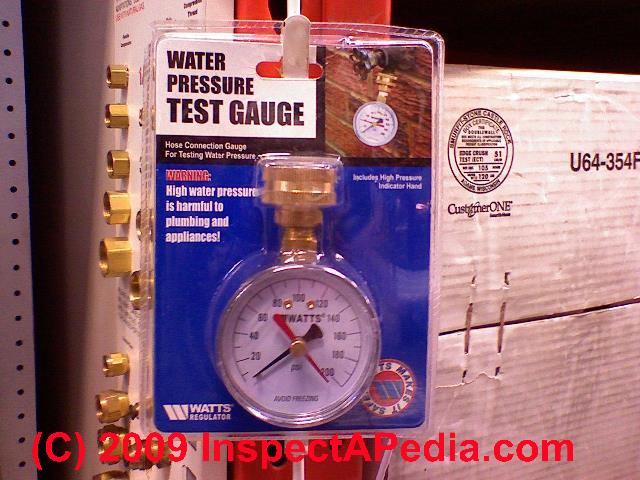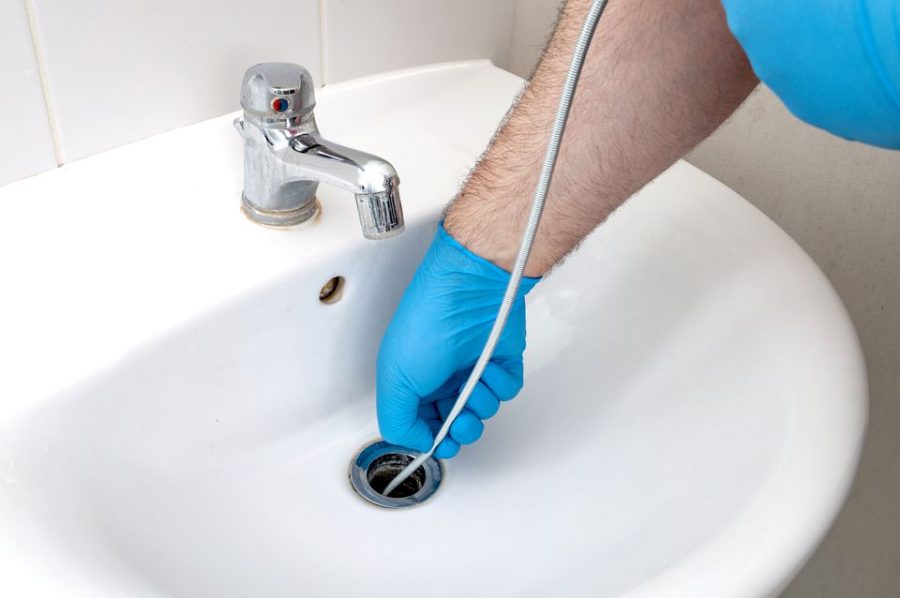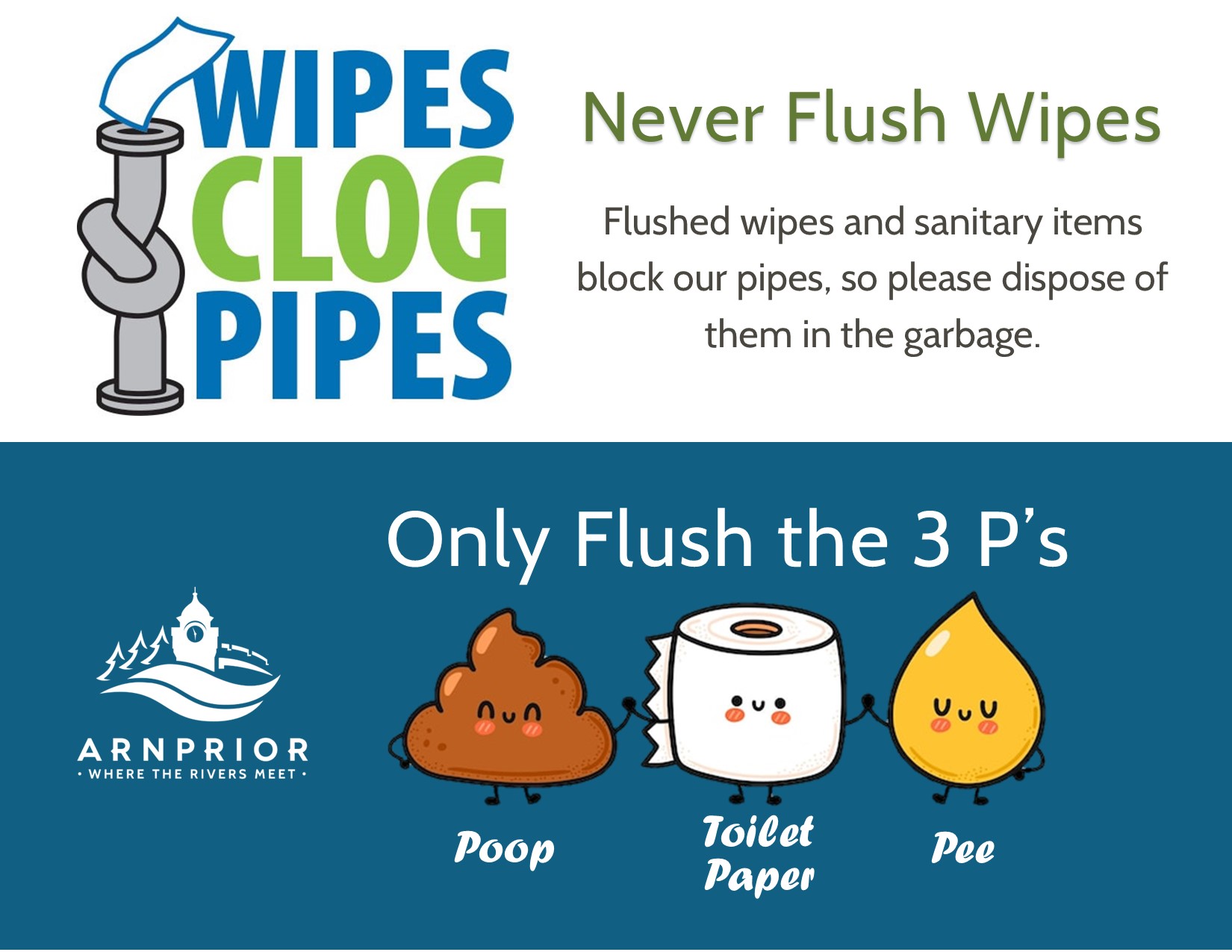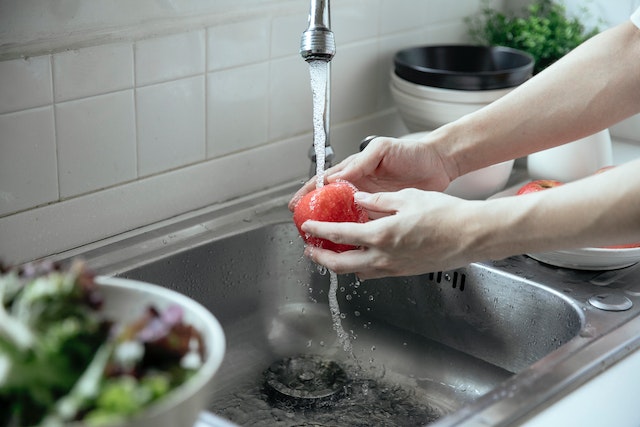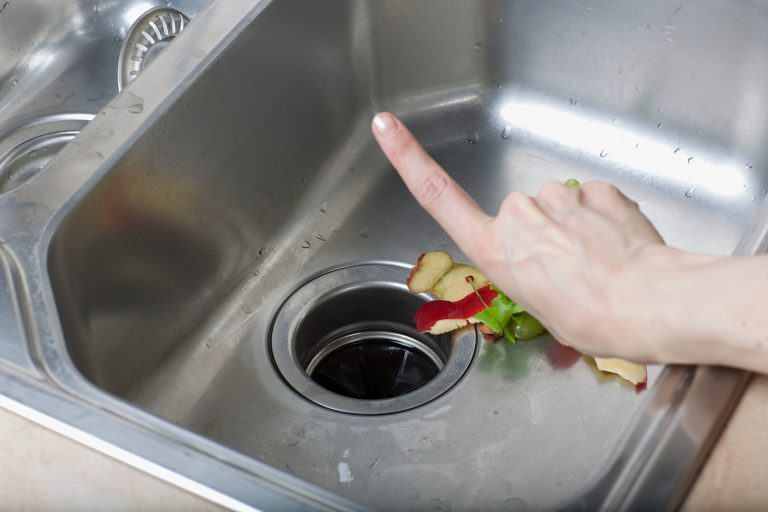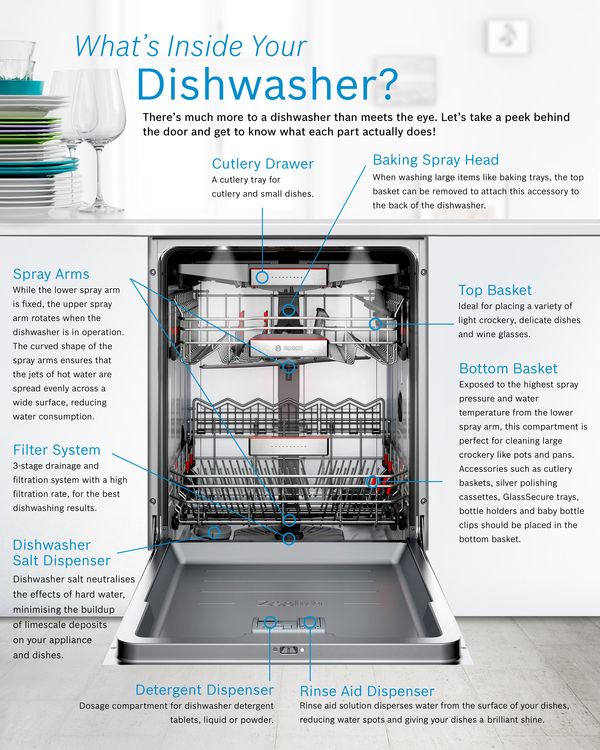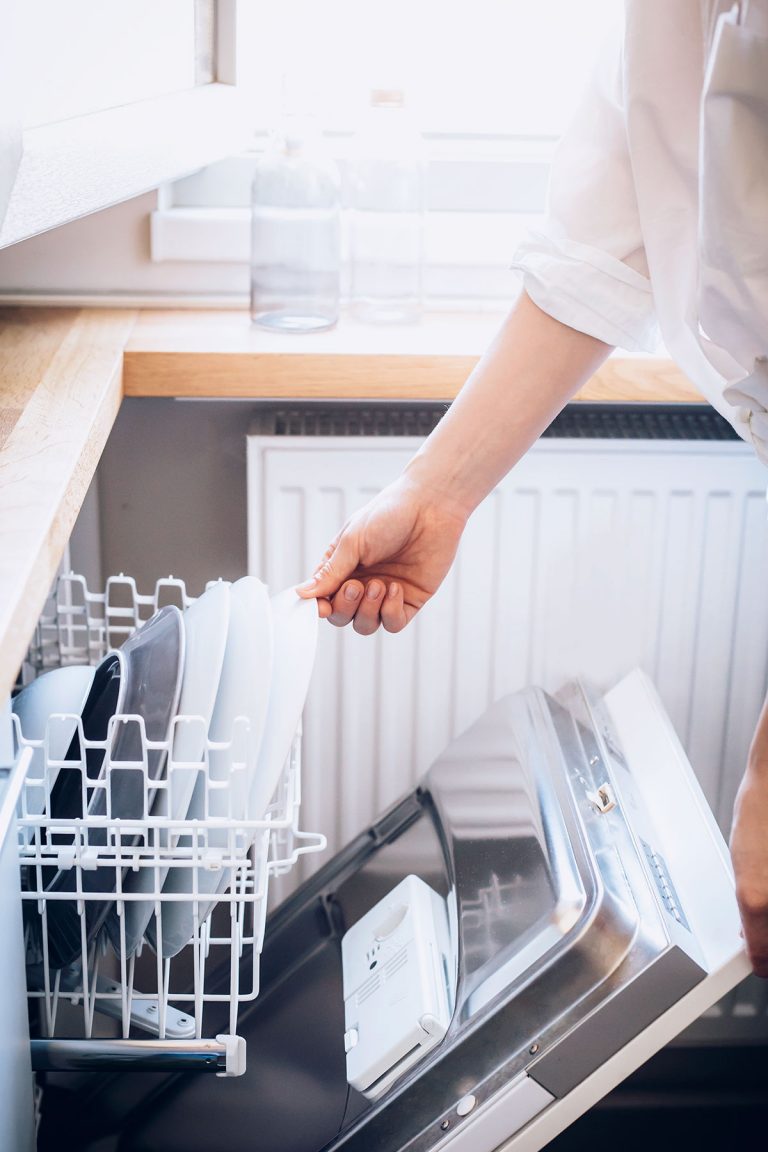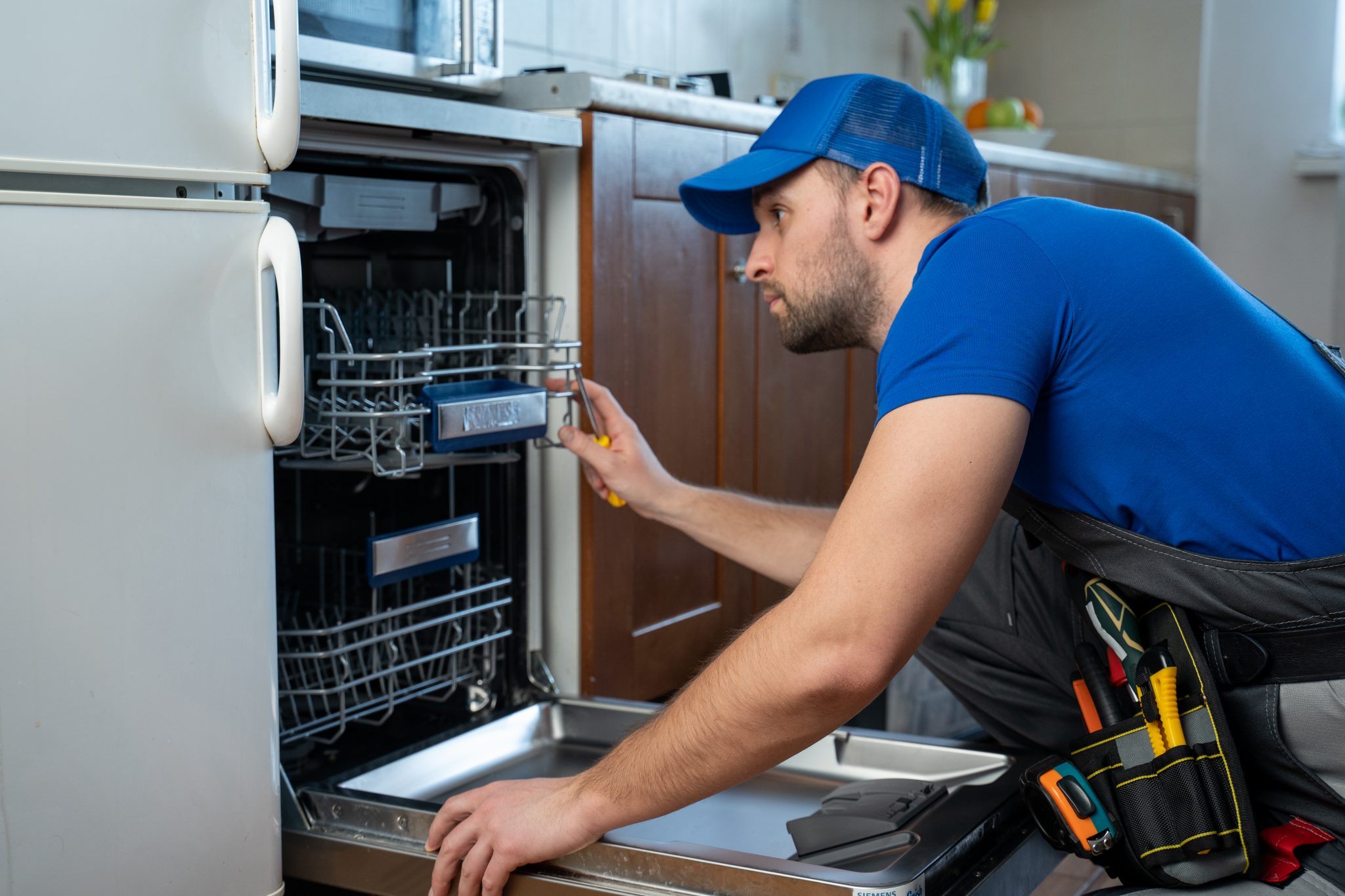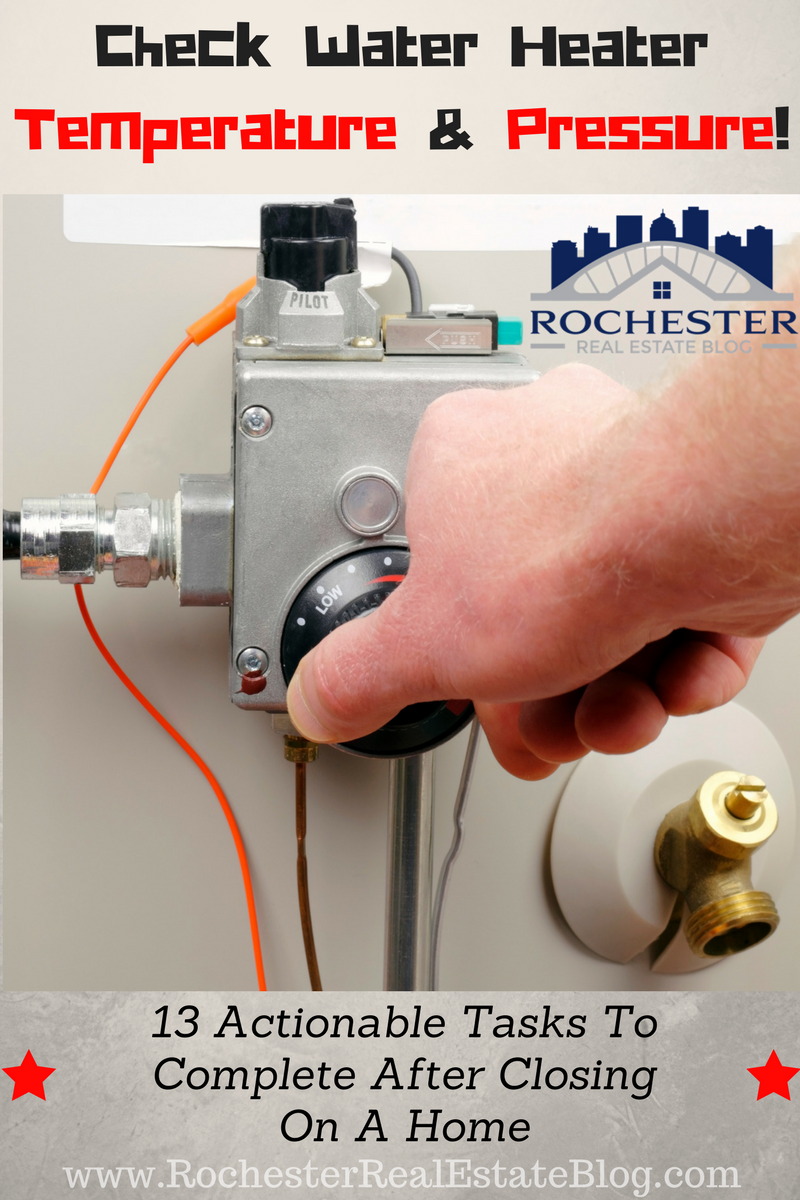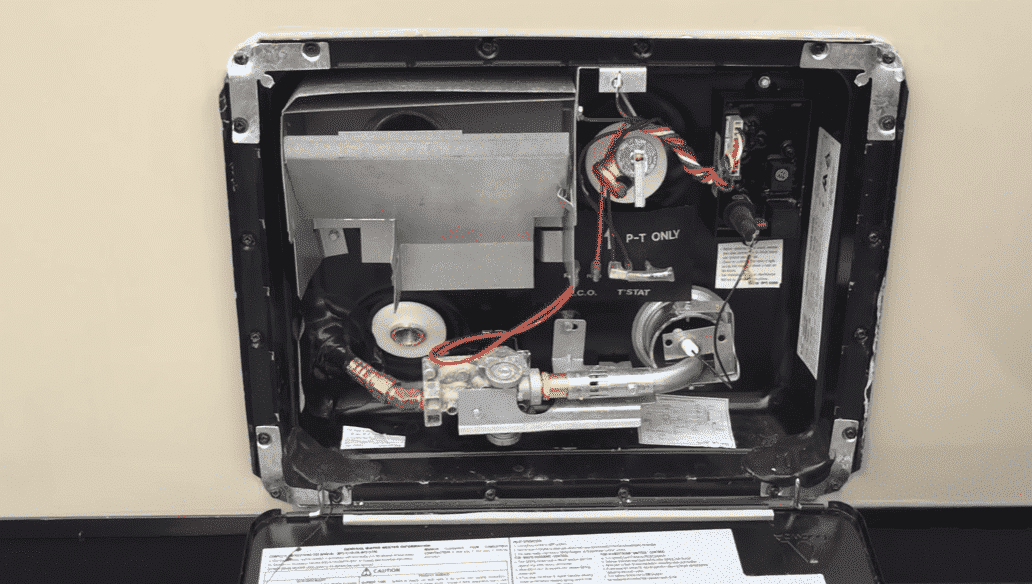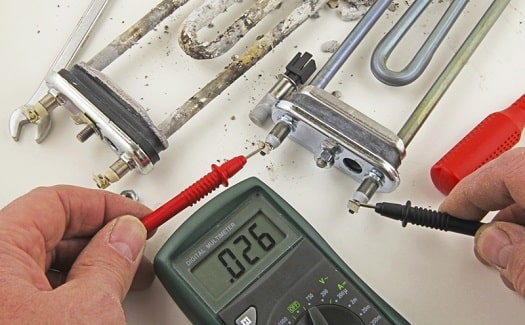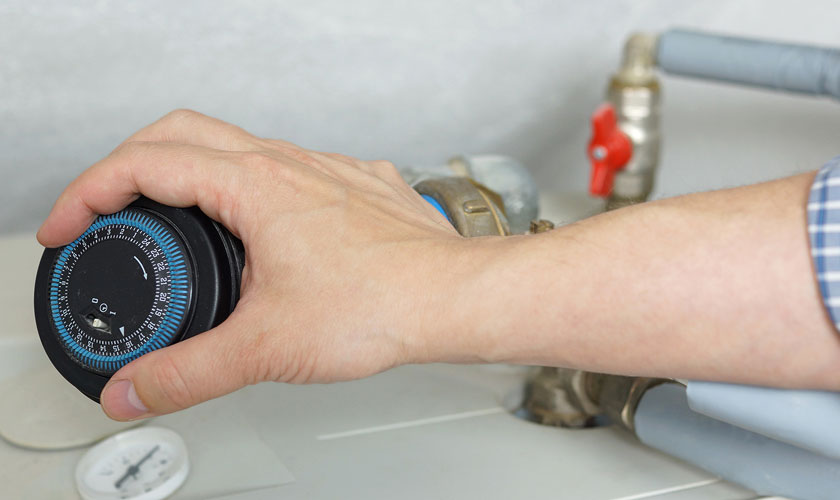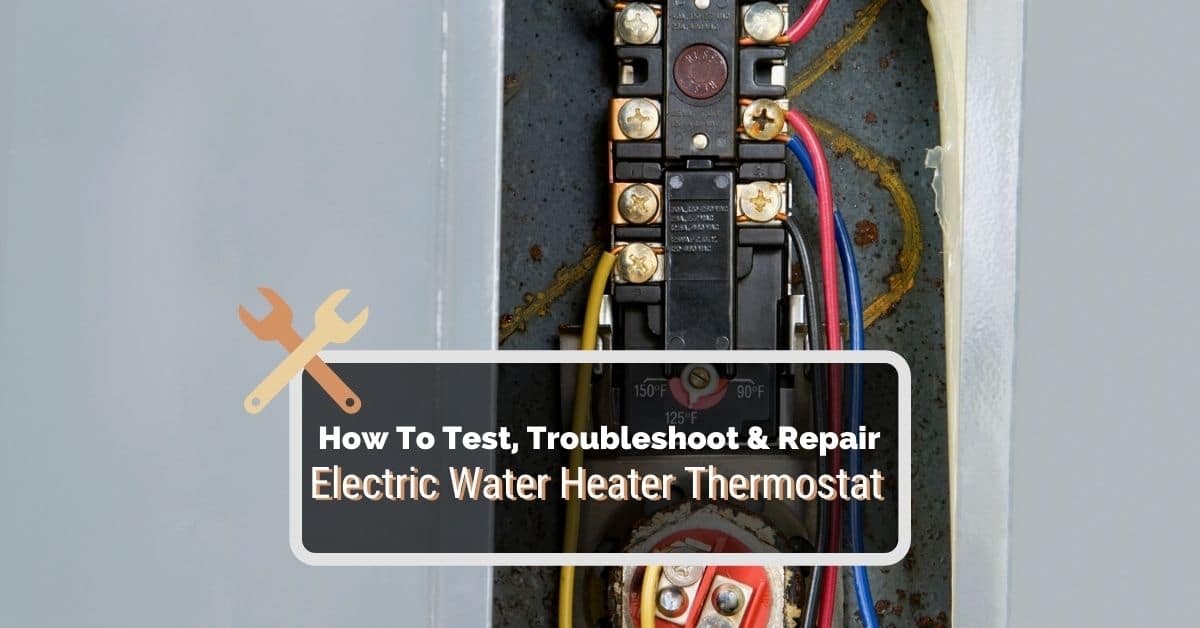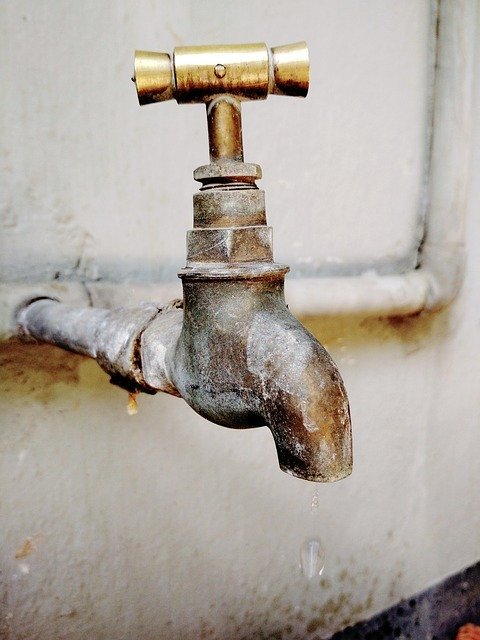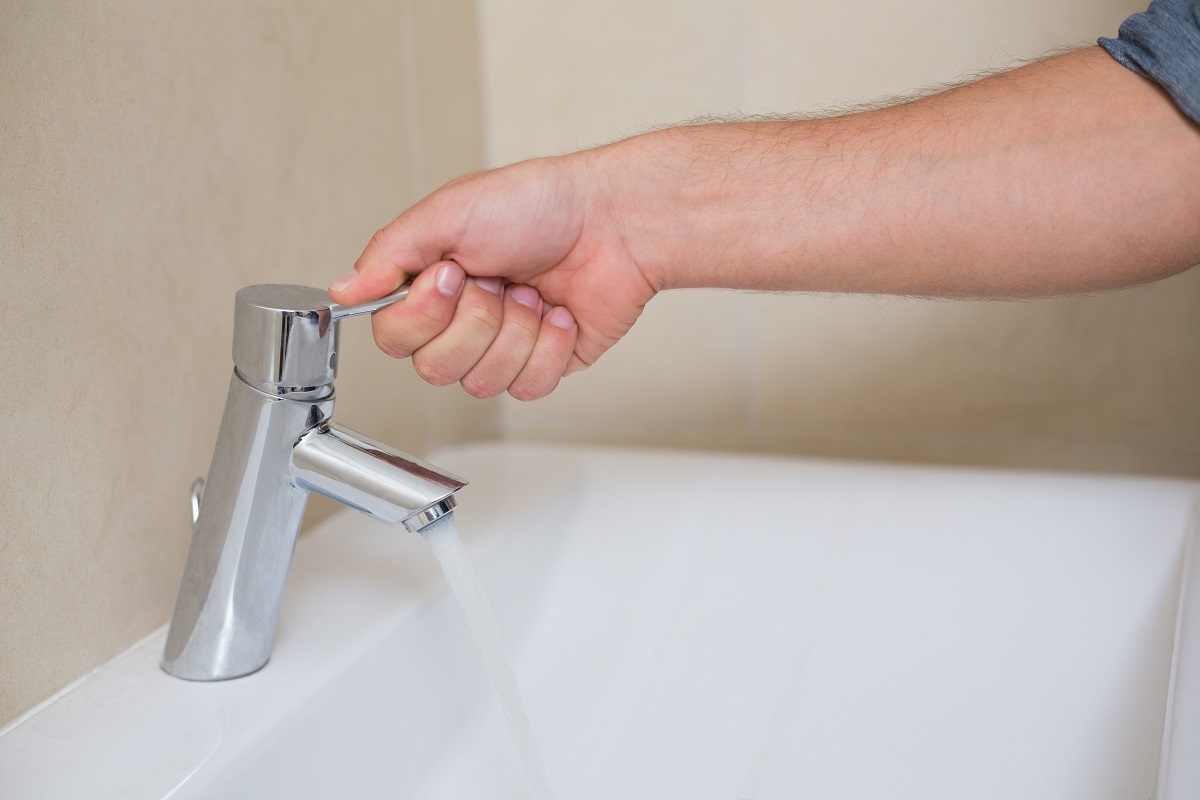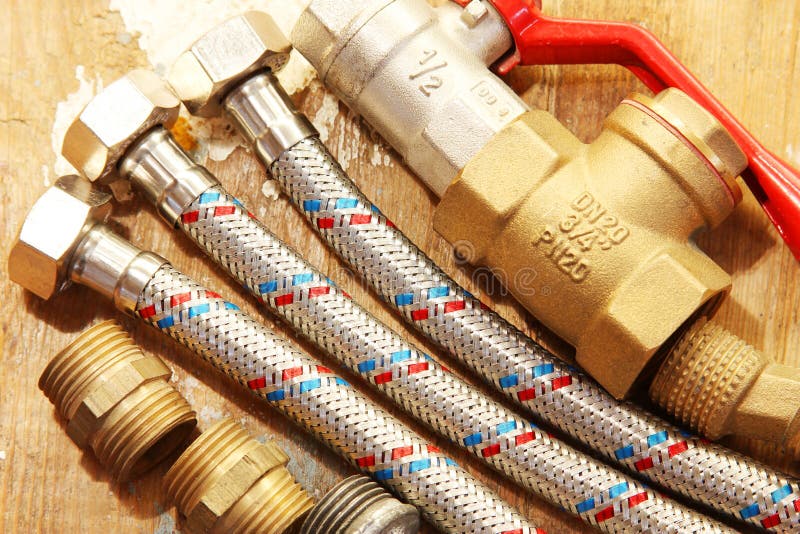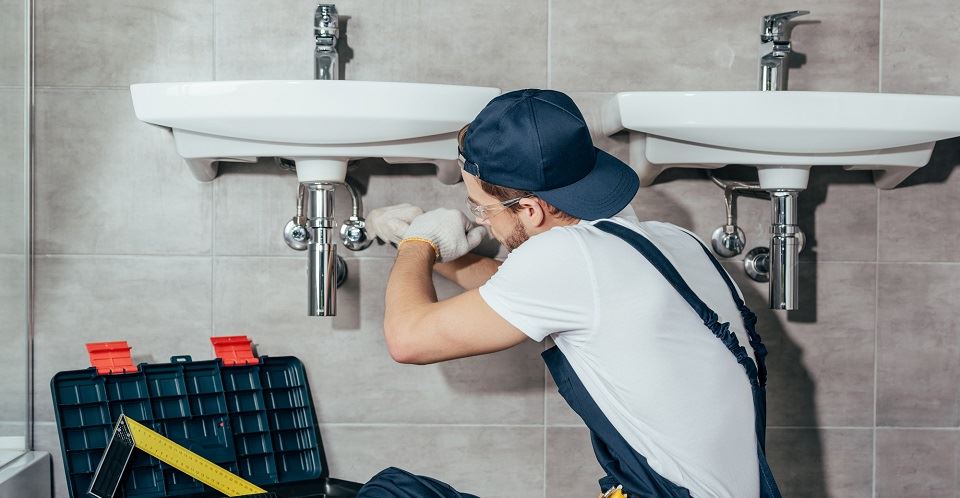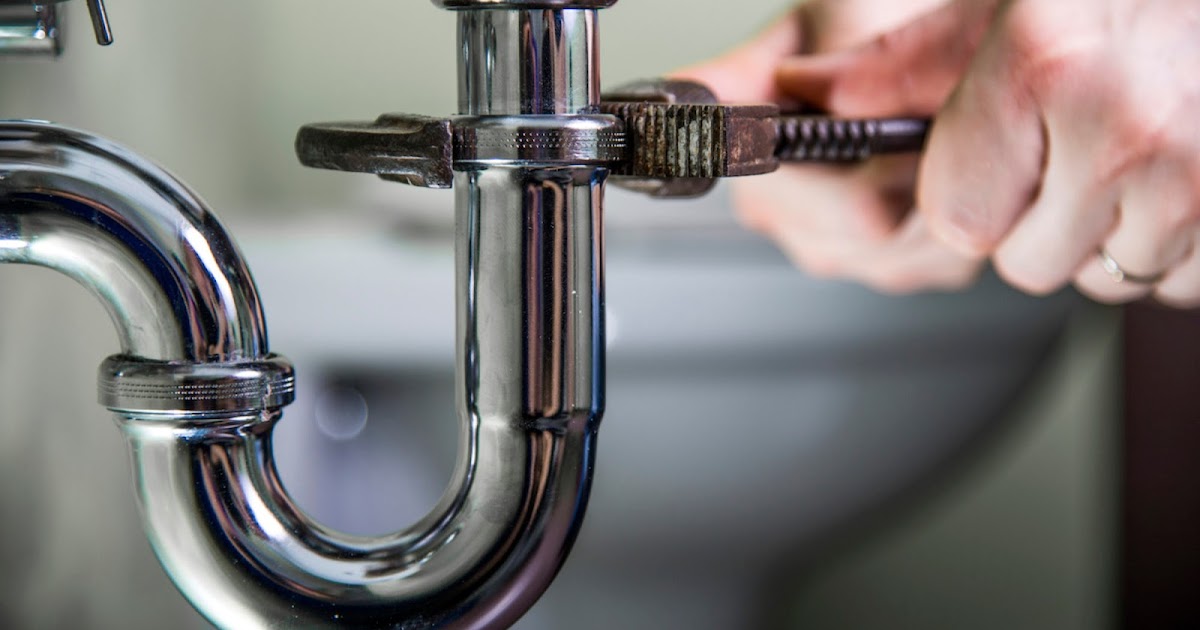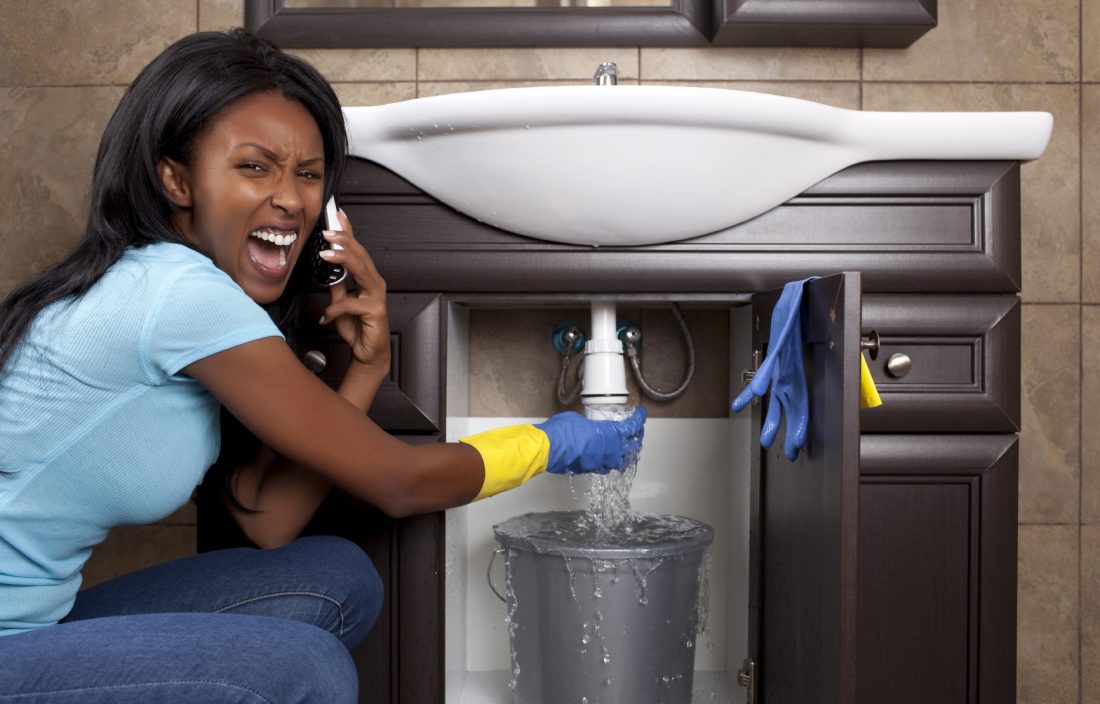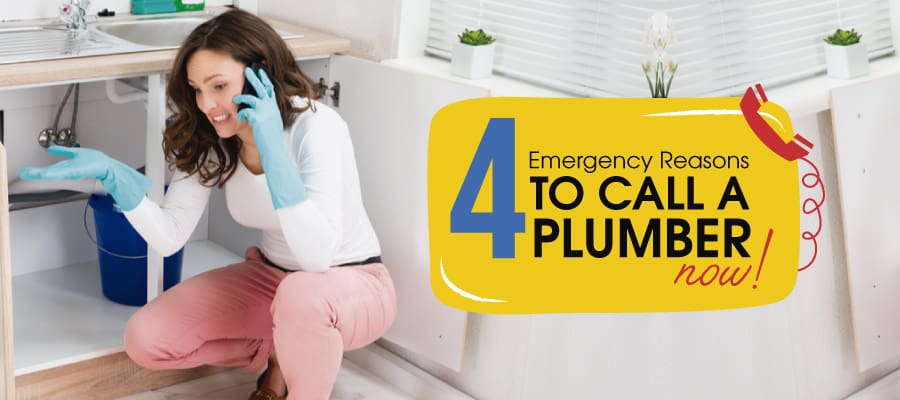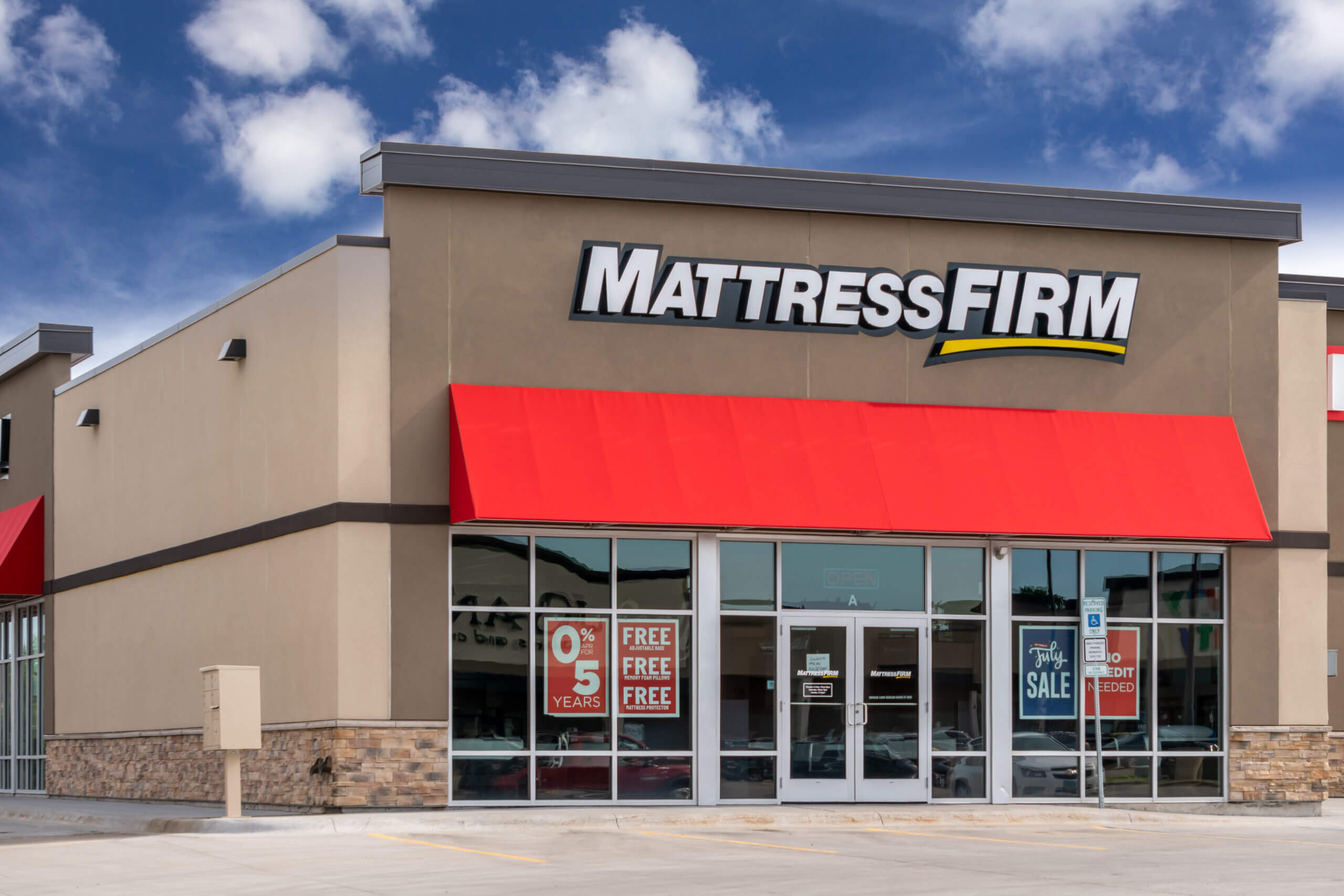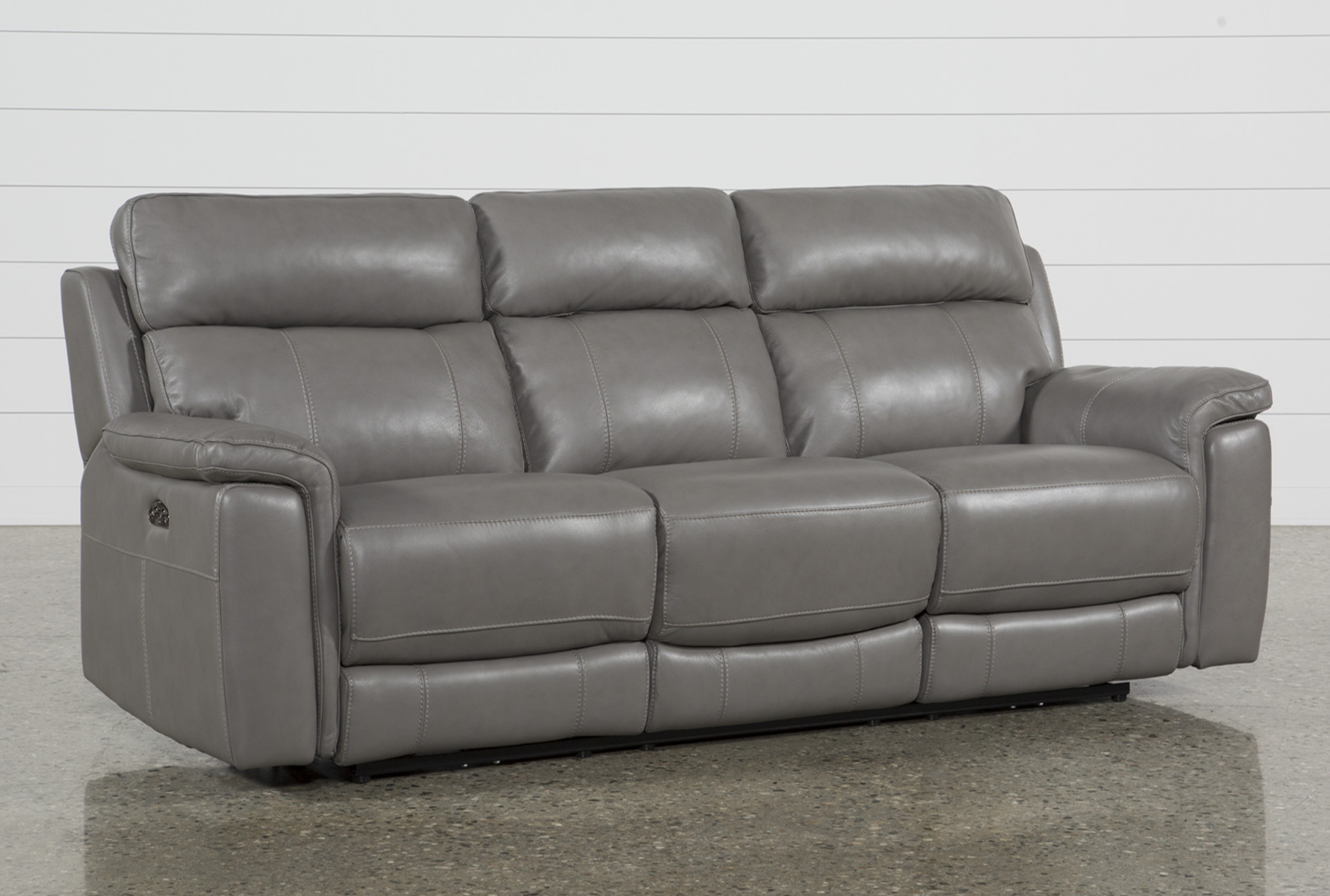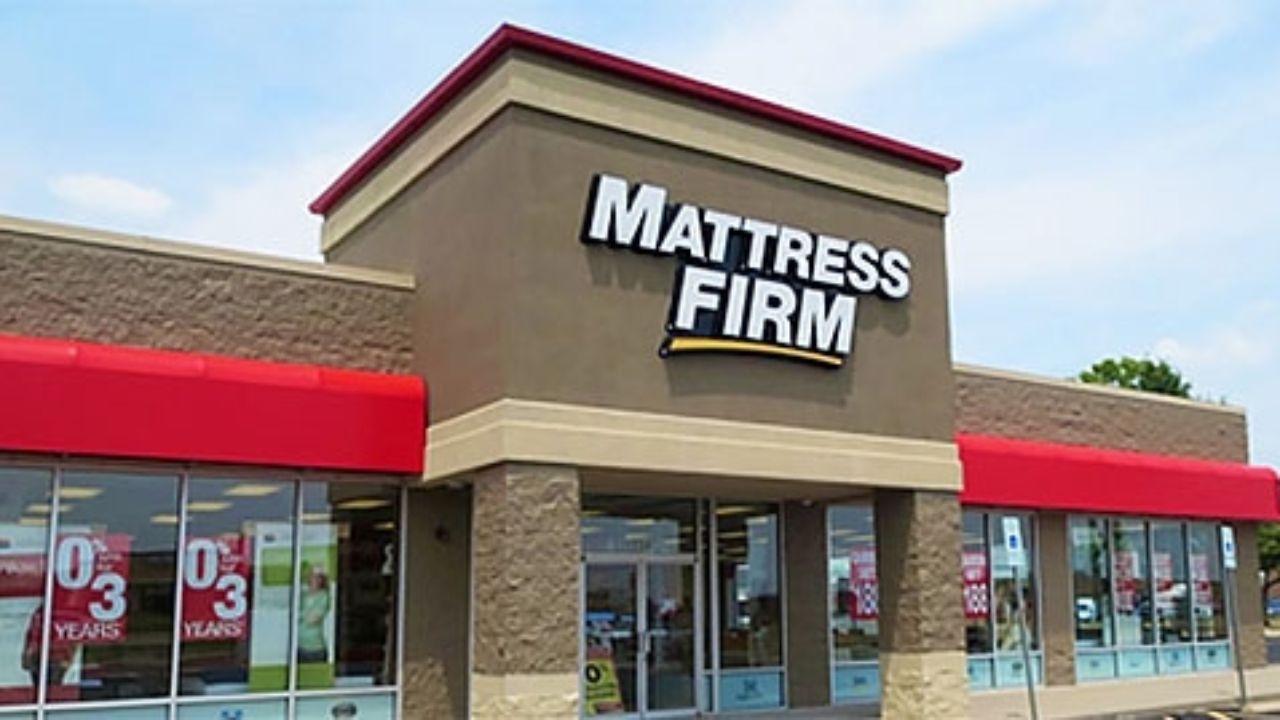Check the aerator
If your kitchen sink water flow has suddenly stopped, the first thing you should check is the aerator. This small screen-like attachment is located at the end of the faucet and can become clogged with debris and mineral deposits over time. Remove the aerator and clean it thoroughly with a toothbrush and vinegar to remove any buildup. Reattach it and turn on the faucet to see if the water flow has improved.
Check the water supply valve
Another possible cause for a stopped water flow in the kitchen sink is a closed or partially closed water supply valve. This valve is typically located under the sink, and if it is closed, it will prevent water from flowing through the pipes. Make sure the valve is fully open and try running the water again.
Check the faucet cartridge
The faucet cartridge is a mechanism inside the faucet that controls the flow of water. If it becomes worn or damaged, it can cause a decrease in water flow. To check the cartridge, turn off the water supply and remove the handle and the cartridge. Inspect it for any damage or buildup and replace it if necessary.
Check the water pressure
If the water pressure in your kitchen sink has suddenly decreased, it may be due to a problem with your home's water pressure. Low water pressure can be caused by a variety of factors, such as a malfunctioning pressure regulator or a blockage in the pipes. If you suspect this is the issue, it is best to call a plumber to diagnose and fix the problem.
Check the pipes for clogs
Clogged pipes are a common cause of reduced water flow in the kitchen sink. Food scraps, grease, and other debris can build up in the pipes and restrict the flow of water. If you suspect a clog, try using a plunger or a drain snake to clear the obstruction. If this does not work, you may need to call a plumber to professionally clear the pipes.
Check the garbage disposal
If your kitchen sink has a garbage disposal, it is important to make sure it is not the cause of the stopped water flow. The disposal can become clogged with food scraps, which can then back up into the sink and prevent water from flowing. Carefully remove any visible debris from the disposal and try running the water again.
Check the dishwasher
If your kitchen sink and dishwasher share the same drain, a clog in the dishwasher can also affect the water flow in the sink. Make sure the dishwasher is not running and check for any clogs in the drain or filter. Clear any debris and run the water to see if the flow has improved.
Check the water heater
In some cases, a malfunctioning water heater can cause a decrease in water flow in the kitchen sink. If your water heater is not functioning properly, it may be time for a replacement. However, if you are not experiencing any other issues with hot water in your home, this is less likely to be the cause of the stopped water flow.
Check the plumbing connections
If you have recently had any plumbing work done or if you have recently moved into a new home, it is possible that there is a problem with the plumbing connections under the sink. Check for any loose or damaged connections and tighten or replace them as needed.
Call a plumber
If none of the above solutions have resolved the issue and your kitchen sink water flow is still not working, it is best to call a plumber. A professional plumber will be able to diagnose the problem and provide a solution, saving you time and potential frustration. They may also be able to offer advice on how to prevent similar issues in the future.
How to Troubleshoot and Fix a Kitchen Sink with a Stopped Water Flow
:max_bytes(150000):strip_icc()/water-overflowing-in-kitchen-sink-200553937-001-5797e6335f9b58461f5a6736.jpg)
The Importance of a Functional Kitchen Sink
 The kitchen sink is often considered the heart of the kitchen, as it is where we wash our dishes, prepare our food, and even fill up our glasses with water. Therefore, when the water flow stops working, it can be a major inconvenience and disrupt our daily routines. Not to mention, a clogged sink can lead to potential health hazards if left unaddressed.
Water flow stopped working kitchen sink
is a common household issue that can be caused by various reasons, but fortunately, it can be easily fixed with some troubleshooting and DIY methods.
The kitchen sink is often considered the heart of the kitchen, as it is where we wash our dishes, prepare our food, and even fill up our glasses with water. Therefore, when the water flow stops working, it can be a major inconvenience and disrupt our daily routines. Not to mention, a clogged sink can lead to potential health hazards if left unaddressed.
Water flow stopped working kitchen sink
is a common household issue that can be caused by various reasons, but fortunately, it can be easily fixed with some troubleshooting and DIY methods.
Causes of a Stopped Water Flow
Troubleshooting and Fixing the Issue
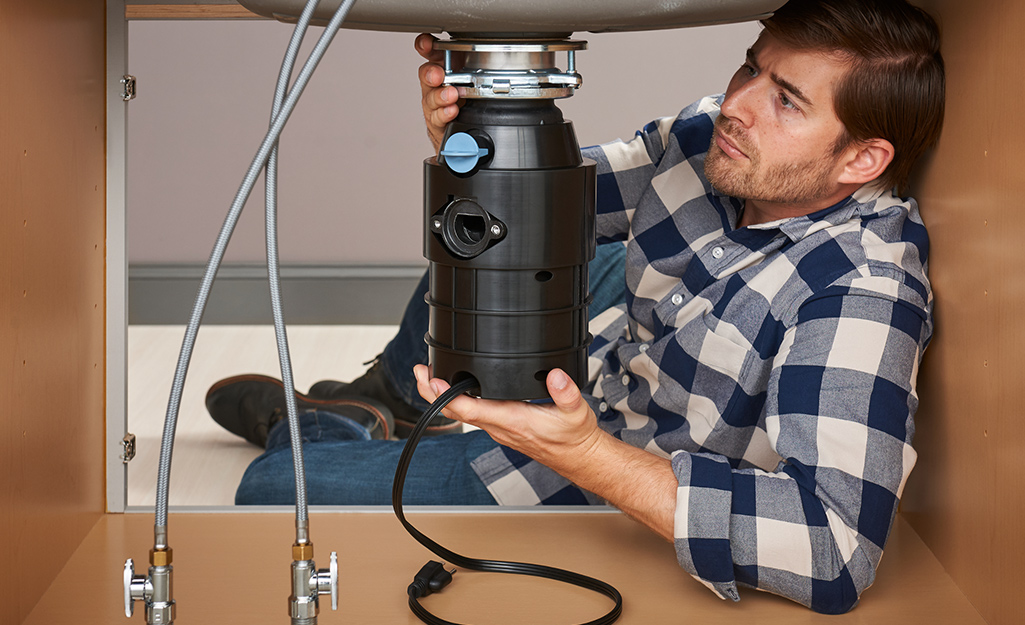 The first step in troubleshooting a stopped water flow in your kitchen sink is to check if the problem is isolated to that particular sink or if it affects other faucets in your home. If the issue is only with your kitchen sink, then it is most likely a local problem and can be fixed easily.
Water flow stopped working kitchen sink
can be resolved by following these simple steps:
1. Begin by checking the pipes under the sink for any visible blockages or leaks. If you notice any, clear them out or fix the leak using a plumber's tape.
2. If the pipes appear to be clear, move on to the faucet and aerator. Remove the aerator and clean it thoroughly, as debris or mineral buildup can often cause a decrease in water flow.
3. If cleaning the aerator does not solve the issue, check the water valve under the sink. Make sure it is fully open and not partially closed.
4. If none of the above steps work, it could be an issue with the water pressure. In this case, you may need to call a professional plumber to check and fix the issue.
The first step in troubleshooting a stopped water flow in your kitchen sink is to check if the problem is isolated to that particular sink or if it affects other faucets in your home. If the issue is only with your kitchen sink, then it is most likely a local problem and can be fixed easily.
Water flow stopped working kitchen sink
can be resolved by following these simple steps:
1. Begin by checking the pipes under the sink for any visible blockages or leaks. If you notice any, clear them out or fix the leak using a plumber's tape.
2. If the pipes appear to be clear, move on to the faucet and aerator. Remove the aerator and clean it thoroughly, as debris or mineral buildup can often cause a decrease in water flow.
3. If cleaning the aerator does not solve the issue, check the water valve under the sink. Make sure it is fully open and not partially closed.
4. If none of the above steps work, it could be an issue with the water pressure. In this case, you may need to call a professional plumber to check and fix the issue.
Preventing Future Issues
 To prevent a stopped water flow in your kitchen sink in the future, it is essential to practice proper maintenance. Regularly clean the aerator and pipes to prevent any buildup, and consider using a water softener if you have hard water. Additionally, avoid pouring oil or grease down the sink, as it can solidify and cause clogs.
In conclusion, a
stopped water flow in the kitchen sink
can be a minor inconvenience, but with the right troubleshooting and maintenance, it can be easily resolved. However, if the issue persists, it is best to seek professional help to avoid any further damage. With these tips, you can ensure a functional and efficient kitchen sink in your home.
To prevent a stopped water flow in your kitchen sink in the future, it is essential to practice proper maintenance. Regularly clean the aerator and pipes to prevent any buildup, and consider using a water softener if you have hard water. Additionally, avoid pouring oil or grease down the sink, as it can solidify and cause clogs.
In conclusion, a
stopped water flow in the kitchen sink
can be a minor inconvenience, but with the right troubleshooting and maintenance, it can be easily resolved. However, if the issue persists, it is best to seek professional help to avoid any further damage. With these tips, you can ensure a functional and efficient kitchen sink in your home.


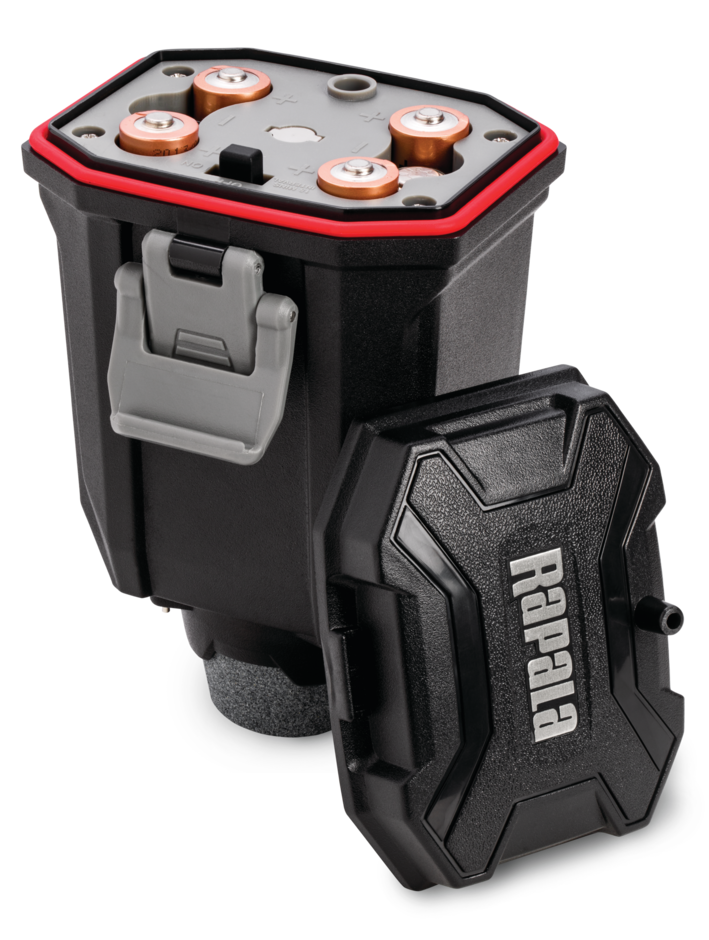
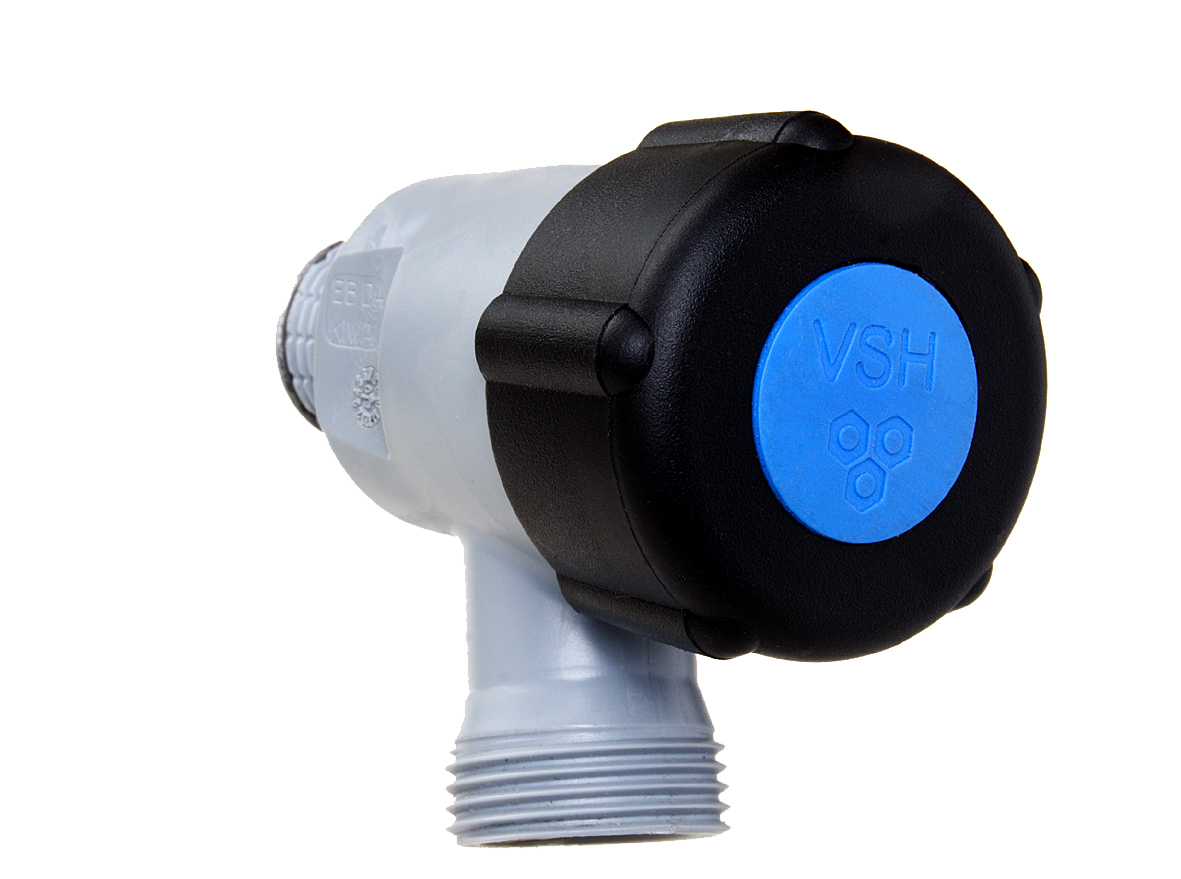






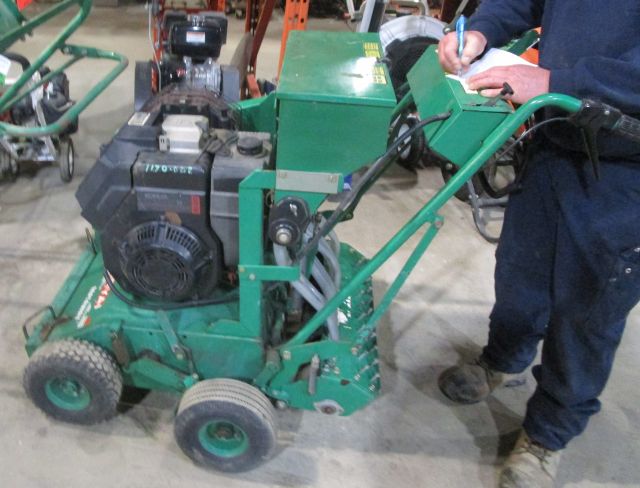
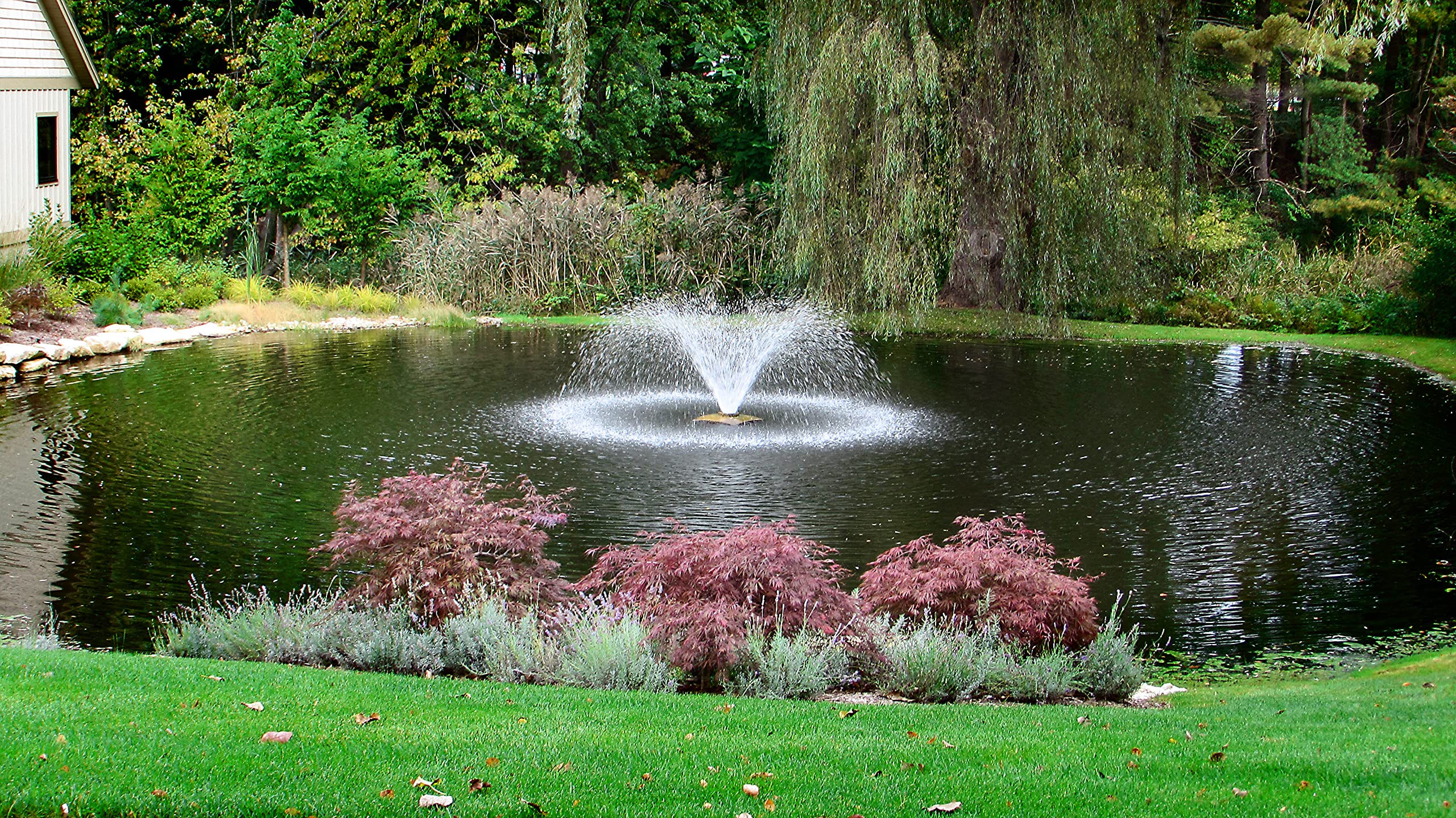
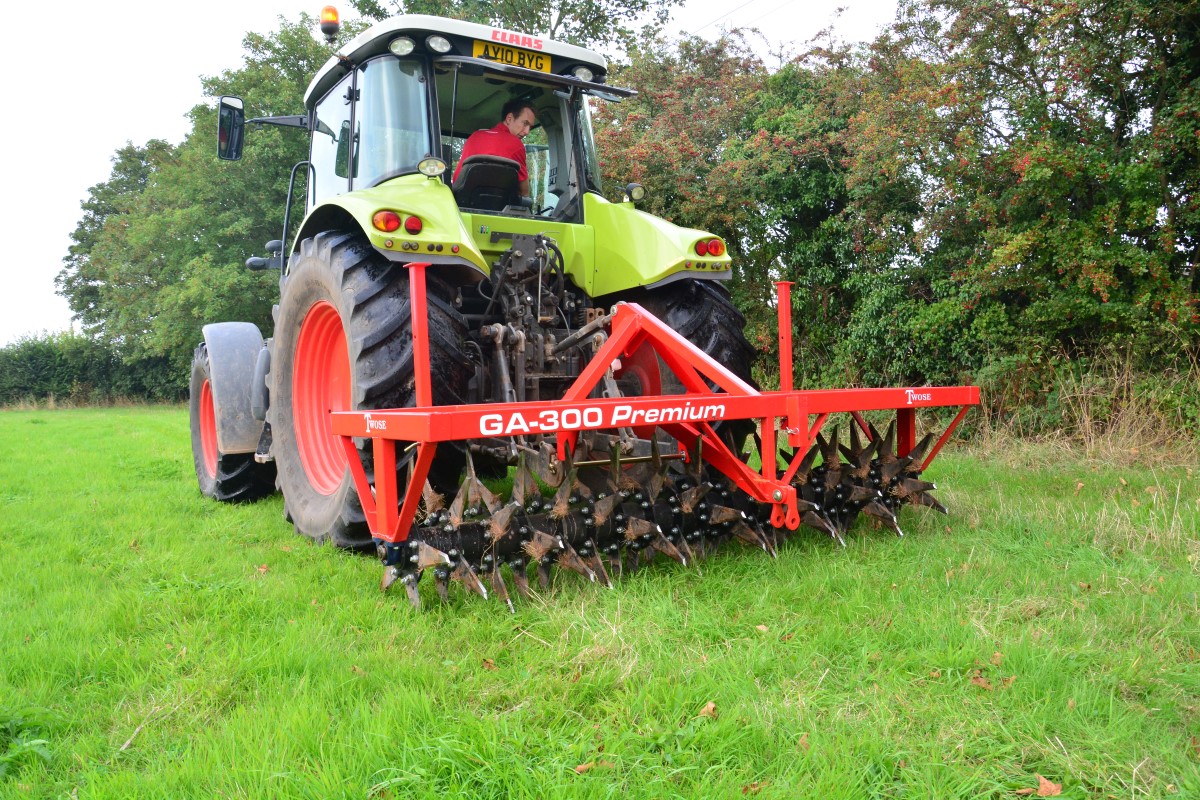
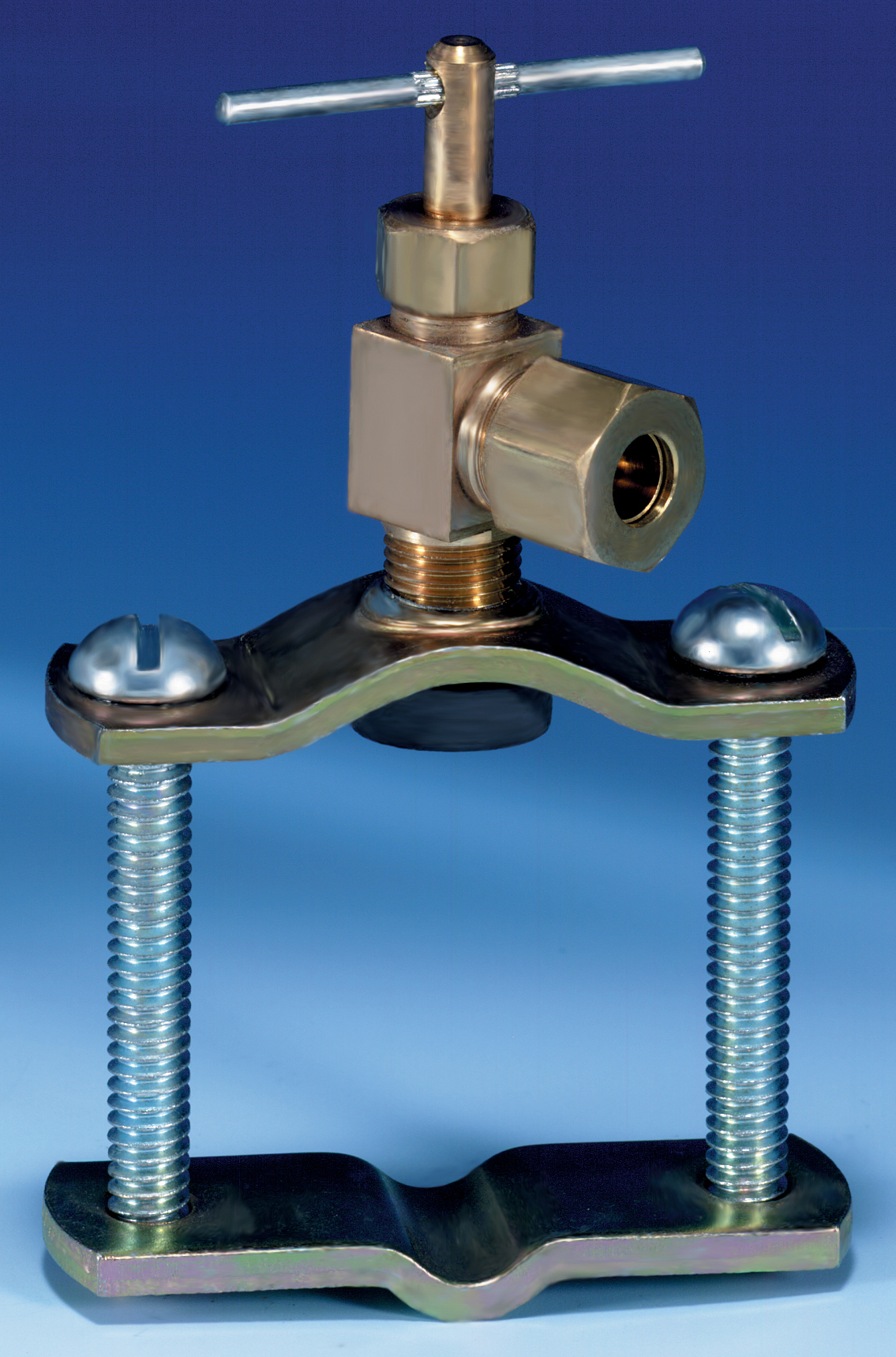






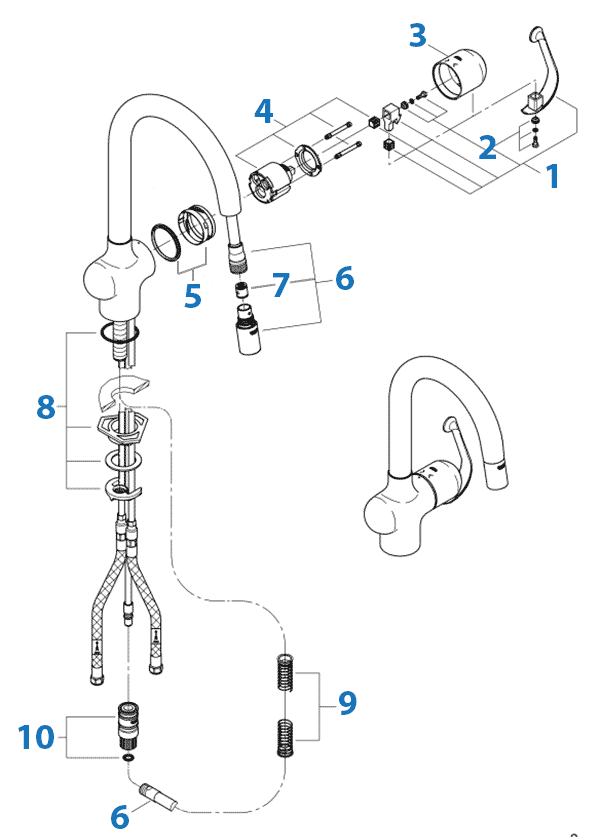






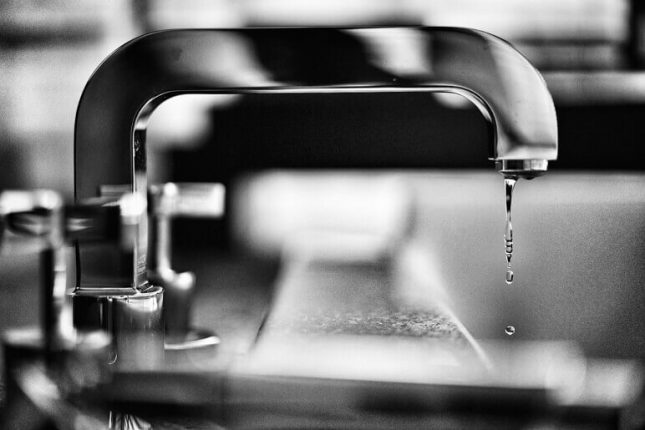




/93097679-56a73c295f9b58b7d0e81657.jpg)
/testing-water-pressure-in-your-home-2718692-hero-98f45508ca5d44b6b551034ac5cedab5.jpg)
:max_bytes(150000):strip_icc()/testing-water-pressure-in-your-home-2718692-04-c37ab3236d0d4b61b87079ebf9ef823e-c1e1ef0104fb44778a287bd9bb5ec140.jpeg)



